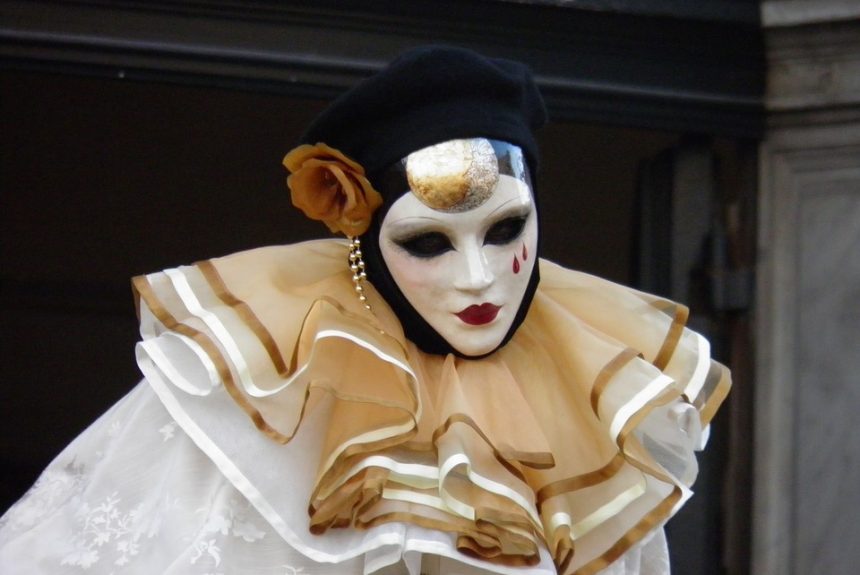The Carnival is a festival without a fixed date, celebrated in countries with Catholic tradition. Today the festival has lost his religious nature, acquiring different connotations in the spirit of the joke and the fiction. From a Catholic viewpoint, the term derives from the Latin carnem levare, which means “remove the meat”, because it refers to the banquet of Mardi Gras, the last day before the Lent period of abstinence and fast.
The origins of Carnival are quite ancient, they date back to the ancient Rome’s times: it is possible to recognize a forefather in the roman festival of Saturnalia in honour of the god Saturn. The roman divinity promoted the transgression of the order in force in order to generate a new one for the new year; but not only, he also re-invoked a age of peace without conflicts and social differences, where abundance and prosperity reigned and a status of equality was in force. The festival was celebrated with banquets and dances and the Romans were allowed to change their social roles and to wear new clothes: like for example, the slaves considered themselves as free men and behaved in that way.
The Carnival survived to the Middle Age, to the Renaissance and it renovates with the Commedia dell’arte, which introduces and officialises masks and costumes of the tradition, which are still celebrated today.
Today it is one of the most funny and crazy festivals, where the chaos and the joke dominate. The key words are masks and parades, carnival floats and typical sweets. The Carnival of Venice is the most popular and ancient one, divided in different manifestations and shows organized in the lagoon city like the Volo dell’angelo, in English the Angel’s flight.
To book a table at Centrale Restaurant, call the number: +39 041 2379661
We’re open from Monday to Friday from 11 a.m. to 11 p.m.
Photo by Pixabay


